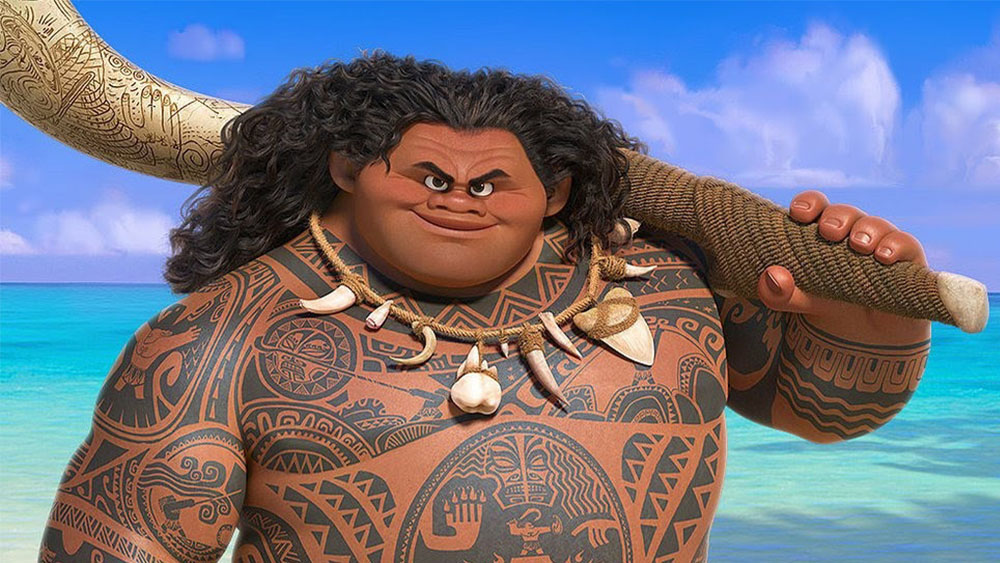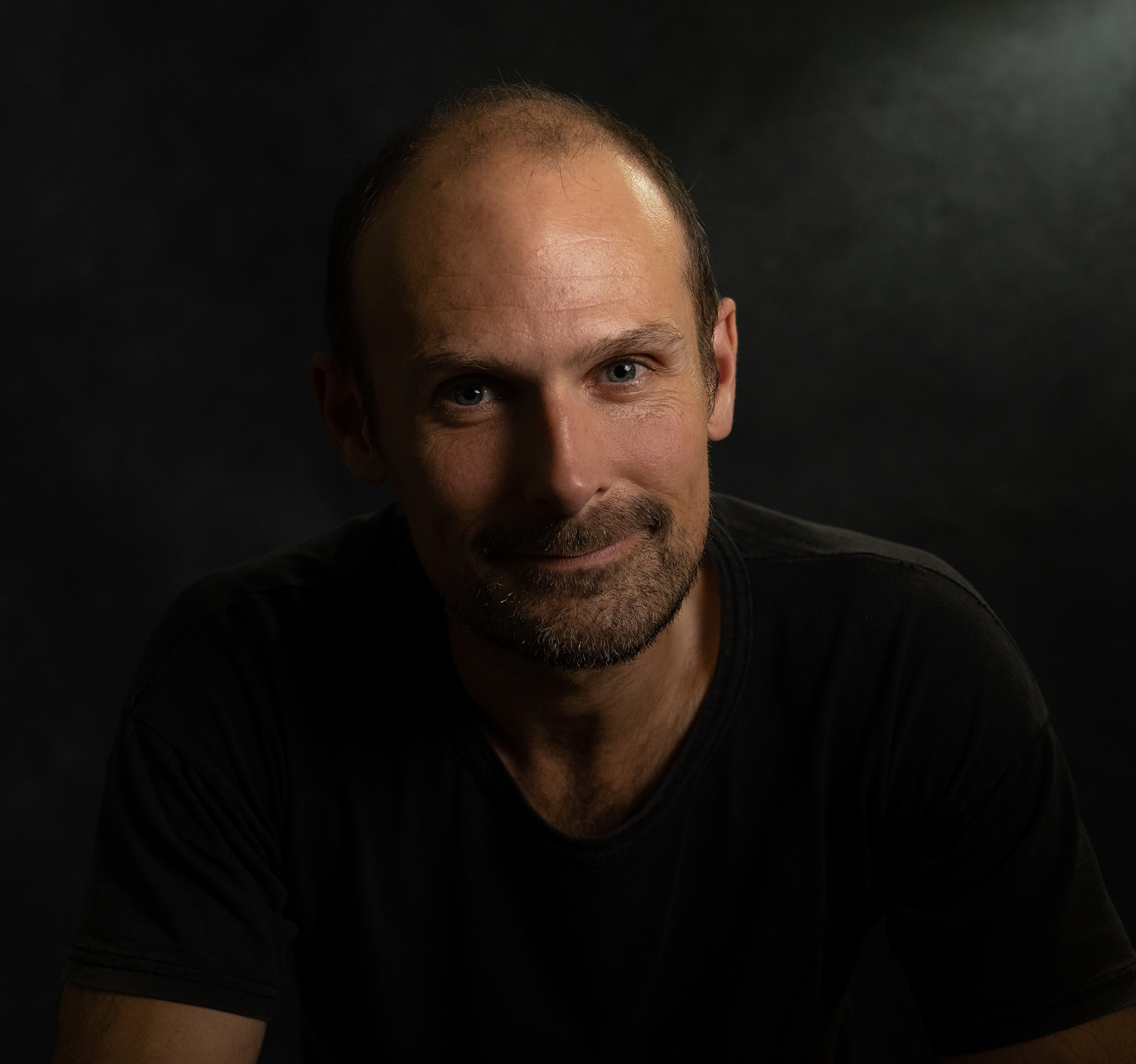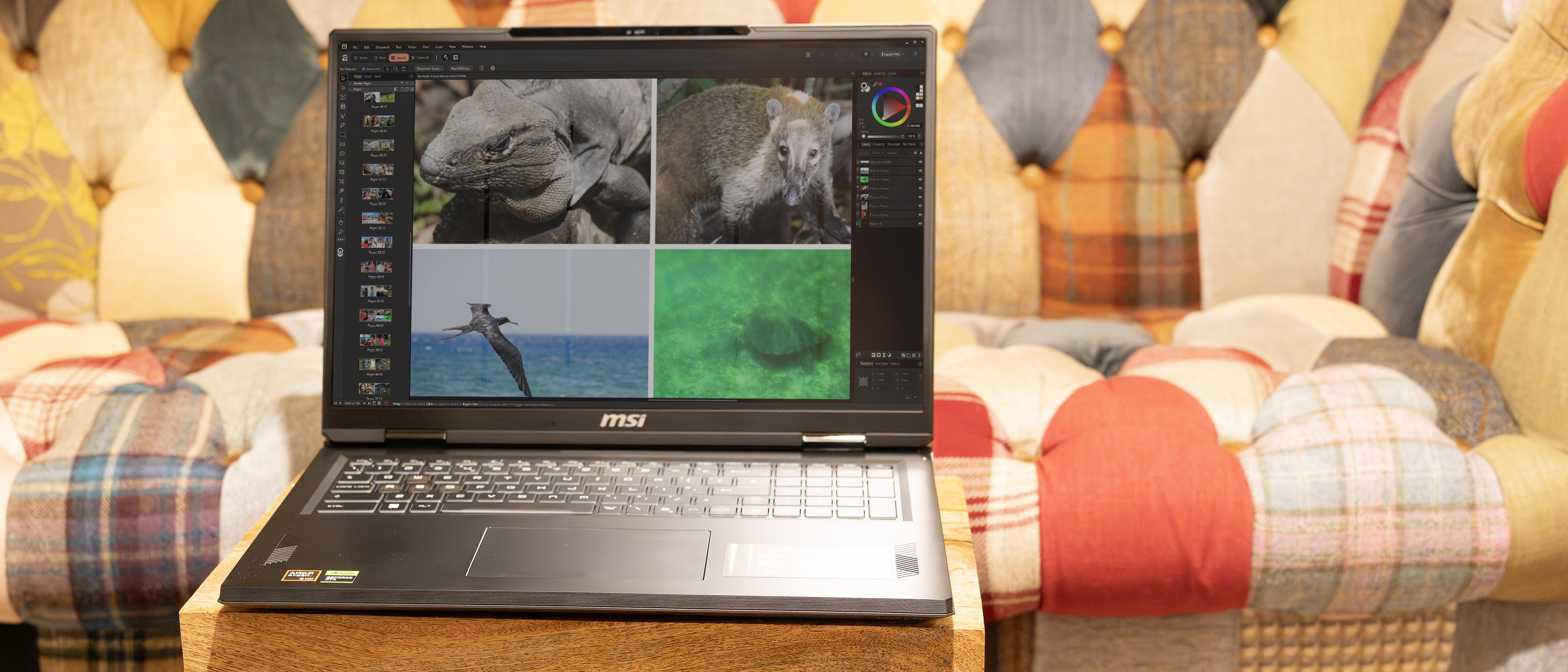With all the hype around generative AI, it's hardly surprising that Disney has conducted 'secret' experiments with the tech. After all, Lucasfilm, which is owned by Disney, seemed quite proud of the embarrassing AI Stars Wars movie that it presented back in May.
But it seems that Disney's experiments have been hitting some setbacks, which could offer some hope for those opposed to the AI art.

The Wall Street Journal is reporting that Disney has had to scrap multiple AI projects due to legal issues and concerns about the reactions of actor and writer unions.
Anonymous insiders are cited as saying that the company wanted to "clone" Dwayne 'The Rock' Johnson for the upcoming live-action Moana remake by using AI deepfake tech to put his face onto the body of his cousin Tanoai Reed. The Rock approved, and Disney reportedly even shot some footage before contract negotiations with AI partner Metaphysic fell through.
It's said that Disney's lawyers couldn't assure the company that it would own all of the intellectual property if some of it was generated by AI. As a result, the AI-cloned The Rock won't appear in Moana when it's released next July.
What's most surprising is that Disney didn't realise this earlier before wasting money on shots it couldn't use. The murkiness of copyright in AI-generated art is hardly news, and Disney is a company that has aggressively protected its characters and other assets. Its even suing Midjourney with Universal Studios for training generative AI on copyrighted material.
Apparently, Disney also dropped plans to use AI in Tron: Ares to generate animations for Bit, the binary assistant in the sci-fi movie. In this case, the AI turned out to be difficult to implement, but also Disney didn't want to risk being discovered using AI while it was in contract negotiations with writer and actor unions.
Daily design news, reviews, how-tos and more, as picked by the editors.
I hope Disney has now realised the difficult line it needs to tread to avoid hypocrisy in experimenting with AI art while also complaining about infringements on its own copyright. In their lawsuit, Disney and Universal call Midjourney a "quintessential copyright free-rider" and a "bottomless pit of plagiarism". Surely Disney wouldn't stoop to the same level?
There can be big differences between generative AI models, and they're not all necessarily trained on copyright material. Some studios are experimenting with training internal AI models on their own libraries, and what Disney wanted to do with The Rock doesn't sound so dissimilar to the deepfake Peter Cushing in Star Wars: Rogue One.
The problem is that many foundational models were trained on material scraped from the internet. To avoid any risk on infringing on copyright, any in-house model would have to be custom trained from the ground up only on the company's own IP.
For more of the week's AI news, see what's new in OpenAI's GPT-5 and the controversy around Google's Gemini AI Storybook generator.

Joe is a regular freelance journalist and editor at Creative Bloq. He writes news, features and buying guides and keeps track of the best equipment and software for creatives, from video editing programs to monitors and accessories. A veteran news writer and photographer, he now works as a project manager at the London and Buenos Aires-based design, production and branding agency Hermana Creatives. There he manages a team of designers, photographers and video editors who specialise in producing visual content and design assets for the hospitality sector. He also dances Argentine tango.
You must confirm your public display name before commenting
Please logout and then login again, you will then be prompted to enter your display name.
